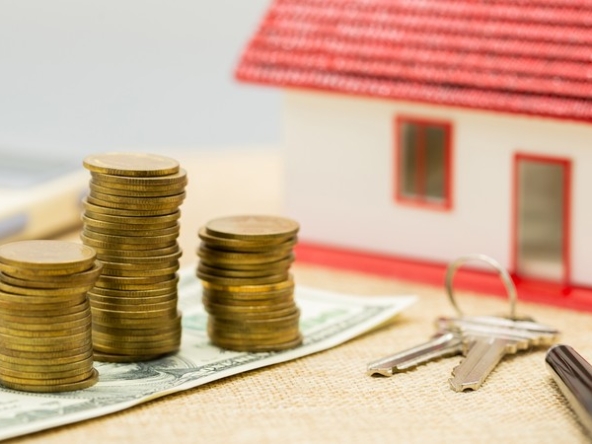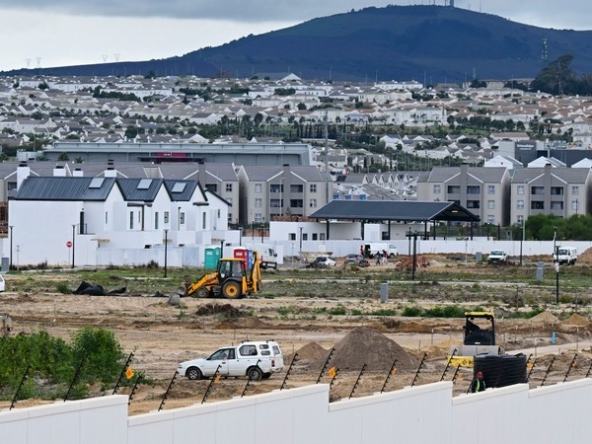Buying property maybe one of the largest investments that people will ever make and while the property gain value over time, people will still want to get the best possible return on their investment when it comes time to sell.
Determining the value of property is not as simple as people might think but there are several factors to consider in evaluation process.
Arnold Maritz, co-principal, Lew Geffen Sotheby’s International Realty in Cape Town’s Southern Suburbs and False Bay homeowners need to know that property practitioners as not property valuers.
“It is important to note from the outset that property practitioners are not property valuers. There is separate legislation that governs professional valuers, as well as distinct qualifying and training criteria for them,” Maritz said.
“A property practitioner’s core responsibility and expertise lie in marketing property and negotiation between buyers and sellers. They do however need a sound understanding of the concept of value and of the different ways in which to estimate value, in order to be able to assist both parties.”
According to Maritz, the process of valuing a property is a mix of objective analysis as well as market insights and the three primary methods used are:
The Sales Comparison Approach
Maritz said that this approach assesses the value of a property based on recent sales of comparable properties. It is the most commonly used method for residential properties.
The Cost Approach
This method calculates the value based on the cost to replace or rebuild the property, minus depreciation. According to Maritz, it is particularly useful for new or unique properties.
The Income Approach
This approach estimates value based on the income that the property can generate. It’s most often used for investment properties such as rental apartments or commercial buildings.
“Each method provides a different perspective, and together they contribute to a comprehensive valuation,” Maritz said.
Enhancing property value
Maritz said: “Renovation and upgrades are an excellent way to enhance a property’s value, but not all upgrades are equal so it’s important to do one’s homework to avoid over-capitalising.”
“Every area has a ceiling price, which is the highest price the market is willing to pay and there is no point making improvements that will raise the sale price of your home beyond its market value.”
Maritz said if homeowners are looking to sell their homes, then adding value to a home before listing can be a wise strategy, however, they should avoid over-improvement.
Simple improvements like thorough cleaning, minor repairs or cosmetic upgrades like new taps and kitchen cabinet doors can make a property more attractive to buyers.
Larger renovations, like converting a garage to a granny flat can yield substantial returns if it is in line with buyer expectations and market conditions.
Maritz said that homeowners should consult with a property professional that has an understanding of the local market to determine the best upgrades to make.
IOL Property



